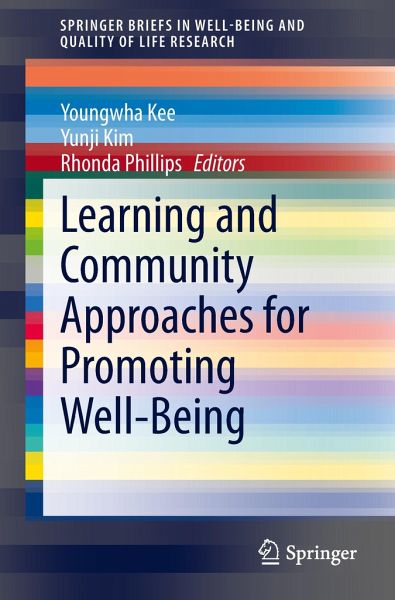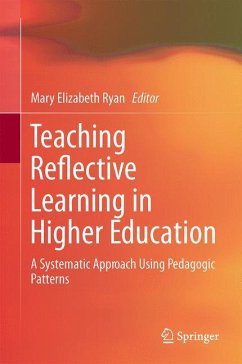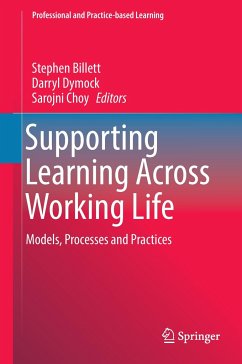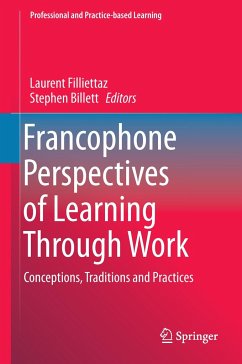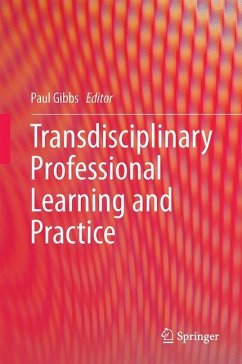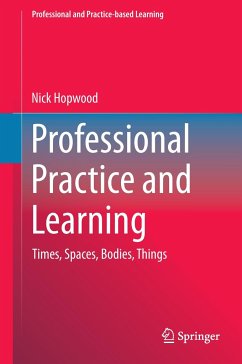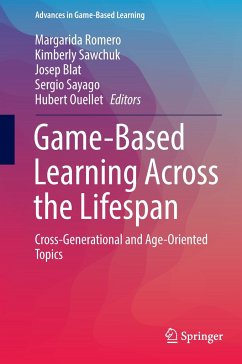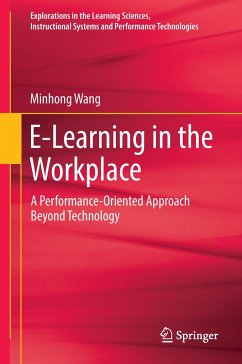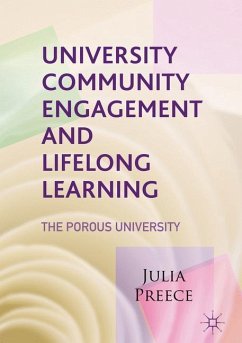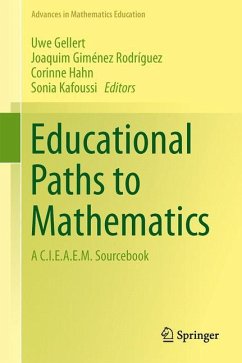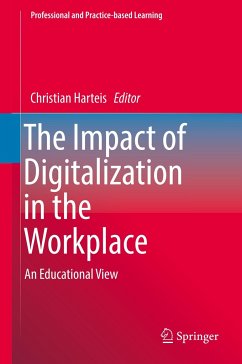Youngwha Kee is a professor of the Department of Lifelong Education at Soongsil University and the president of the National Institute of Lifelong Education. She currently serves as the director of the Korea Institute of Local Development Education. Previously, Dr. Kee was president of the Association of Adult & Continuing Education of Korea and researcher of Korea Association for Community Education. She has served on several advisory committees in relation to educational policies and has been deeply involved with community education among multicultural families and education for the disadvantaged. She serves on the editorial board of the International Journal of Continuing Education and Lifelong Learning (Hong Kong) and the Lifelong Education Magazine (Taiwan), Lifelong Education(China). Her research interests include olderadult learning, community education, civic education, community development and governance. Yunji Kim is a doctoral student in the Department of City and Regional Planning atCornell University. She received her master's degree from the Graduate School of Public Administration, Seoul National University in 2011. Her master's thesis (Title: "Development and Application of a Community Well-being Index for Korea") focusedon defining community well-being as a guiding principle for local governments and suggested a new community well-being index for Korean metropolitan districts. Her current research interests include the relationship between community well-being and local government services; citizen participation; and community development. Her recent articles include, "The Development and Application of a Community Well-being Index in Korean Metropolitan Cities," "An Analysis of the Relative Importance of Components in Measuring Community Well-being: Perspectives of Citizens, Public Officials, and Experts," and "Sing, Dance, and Be Merry: a Strategy for Successful Urban Development?" Rhonda Phillips, Ph.D., AICP, is Dean of the Honors College at Purdue University and a professor in the Agricultural Economics Department. A former senior sustainability scientist in the Global Institute of Sustainability for Arizona State University, she served as professor in School of Community Resources and Development. Community well-being and development comprise the focus of Rhonda's research and outreach activities including community-based education and research initiatives for enhancing quality of life. Honors include serving as the 2006 UK Ulster Policy Fellow Fulbright Scholar and a 2012 Fulbright Senior Specialist to Panama. Rhonda is author or editor of eighteen books, including Community Development Indicators Measuring Systems, and Introduction to Community Development, and serves as editor for the Springer series, Community Quality of Life and Well-Being. Rhonda is president of the International Society for Quality-of-Life Studies, www.isqols.org. Yunji Kim is a doctoral student in the Department of City and Regional Planning atCornell University. She received her master's degree from the Graduate School of Public Administration, Seoul National University in 2011. Her master's thesis (Title: "Development and Application of a Community Well-being Index for Korea") focusedon defining community well-being as a guiding principle for local governments and suggested a new community well-being index for Korean metropolitan districts. Her current research interests include the relationship between community well-being and local government services; citizen participation; and community development. Her recent articles include, "The Development and Application of a Community Well-being Index in Korean Metropolitan Cities," "An Analysis of the Relative Importance of Components in Measuring Community Well-being: Perspectives of Citizens, Public Officials, and Experts," and "Sing, Dance, and Be Merry: a Strategy for SuccessfulUrban Development?" Rhonda Phillips, Ph.D., AICP, is Dean of the Honors College at Purdue University and a professor in the Agricultural Economics Department. A former senior sustainability scientist in the Global Institute of Sustainability for Arizona State University, she served as professor in School of Community Resources and Development. Community well-being and development comprise the focus of Rhonda's research and outreach activities including community-based education and research initiatives for enhancing quality of life. Honors include serving as the 2006 UK Ulster Policy Fellow Fulbright Scholar and a 2012 Fulbright Senior Specialist to Panama. Rhonda is author or editor of eighteen books, including Community Development Indicators Measuring Systems, and Introduction to Community Development, and serves as editor for the Springer series, Community Quality of Life and Well-Being. Rhonda is president of the International Society for Quality-of-Life Studies, www.isqols.org. Yunji Kim is a doctoral student in the Department of City and Regional Planning atCornell University. She received her master's degree from the Graduate School of Public Administration, Seoul National University in 2011. Her master's thesis (Title: "Development and Application of a Community Well-being Index for Korea") focusedon defining community well-being as a guiding principle for local governments and suggested a new community well-being index for Korean metropolitan districts. Her current research interests include the relationship between community well-being and local government services; citizen participation; and community development. Her recent articles include, "The Development and Application of a Community Well-being Index in Korean Metropolitan Cities," "An Analysis of the Relative Importance of Components in Measuring Community Well-being: Perspectives of Citizens, Public Officials, and Experts," and "Sing,Dance, and Be Merry: a Strategy for Successful Urban Development?" Rhonda Phillips, Ph.D., AICP, is Dean of the Honors College at Purdue University and a professor in the Agricultural Economics Department. A former senior sustainability scientist in the Global Institute of Sustainability for Arizona State University, she served as professor in School of Community Resources and Development. Community well-being and development comprise the focus of Rhonda's research and outreach activities including community-based education and research initiatives for enhancing quality of life. Honors include serving as the 2006 UK Ulster Policy Fellow Fulbright Scholar and a 2012 Fulbright Senior Specialist to Panama. Rhonda is author or editor of eighteen books, including Community Development Indicators Measuring Systems, and Introduction to Community Development, and serves as editor for the Springer series, Community Quality of Life and Well-Being. Rhonda is president of the International Society for Quality-of-Life Studies, www.isqols.org.
